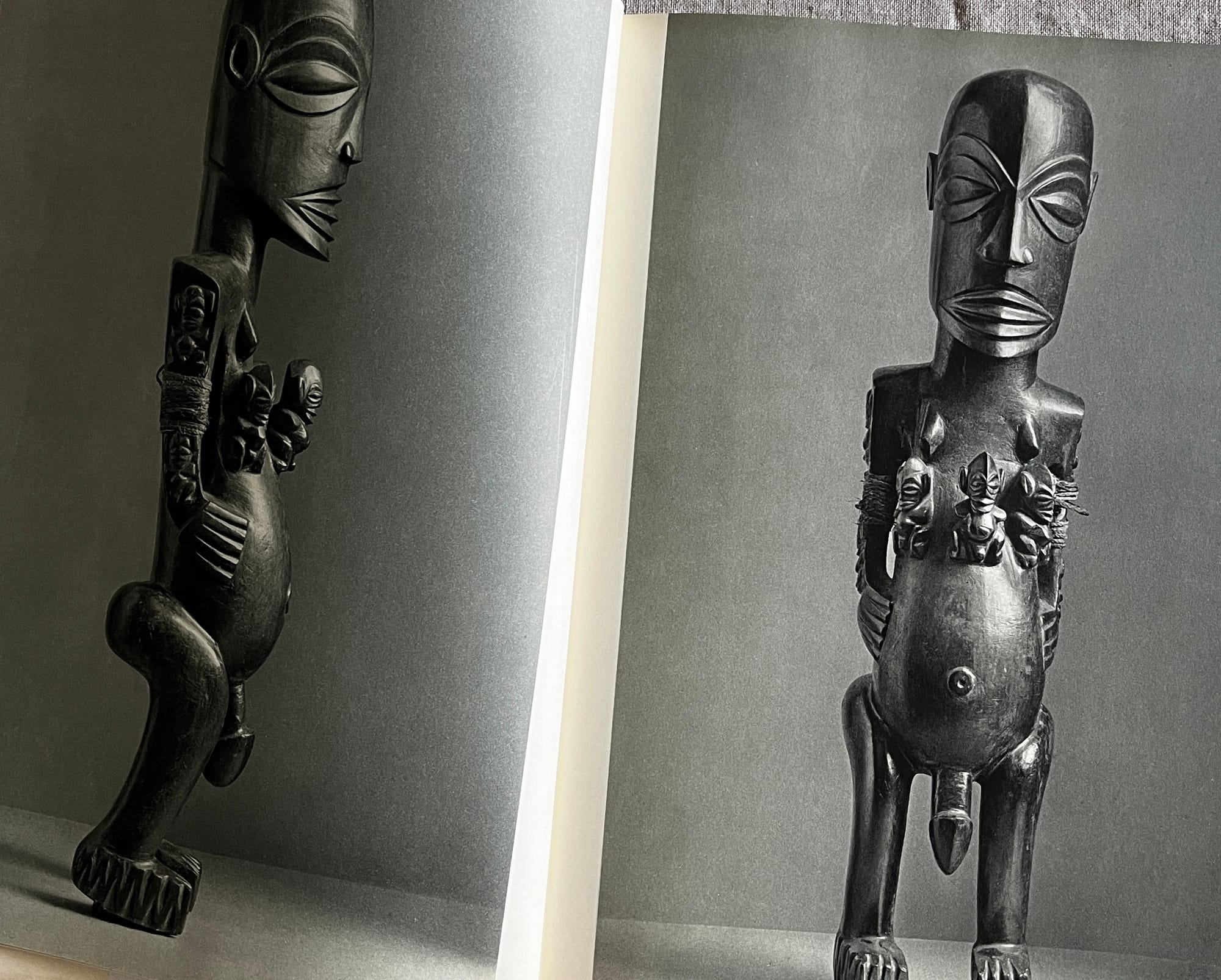In my culture there is equality and equity

This is a guest post from Nicole Fidow, a Stack World Member and reader of my book New Methods for Women. In our Sunday session on New Method 32 - Always Go 50/50 we discussed the difference between equity and equality, and how to get whats fair for you. Here's her response to the chapter...
Hi Shar,
I always find that in the sessions I can't quite put my thoughts together and it's not until I'm laying in bed on a Sunday evening that my opinions/thoughts form. Felt the want to share, no need for a response just putting my 5 cents out there.
I enjoyed last nights session about asking for 50/50. The anecdote about making cups of tea I really resonated with. It was the same for us growing up. Then I thought about what you said about introducing 50/50 and equality/equity from a young age.
I'm a firm believer in the splitting of work and can say that is because it was introduced to me at a young age from my mother.
My parents had four children, 2 girls and 2 boys. The girls being the older ones, my sister is the eldest. When it came to chores and tasks my mother would always split the work. We'd be partnered up, my older sister with my youngest brother and us middle children together. This way my mother knew was a better way to split up skill and experience. We also never got stuck with the same chores, we had a rota so we got a taste of everything.
Unfortunately for me, the brother I got stuck with was also the laziest haha. This same brother however, now has three children and is amazing at housework. His partner stays at home with the kids and he's always there to relieve her when she needs a break and is able to do the childcare with baths, brushing hair and making dinner.
So I don't think those life lessons were wasted afterall.

When I first moved to the UK one of my colleagues (from an old job) tried to rile me up in the pub by talking about feminism.
I can't remember what his question was but I tried to explain to him that in my culture (Samoan) there is equality and equity. Both the men and the women do the cooking and the cleaning. The men typically prepare the umu which is cooking in the earth and is physically demanding and women would prepare the side dishes or the main dishes cooked over the flame. Depending on the circumstances the men and women can also interchange.
What I was trying to get at was that men and women understand that there is no role based on gender but ability and what works best based on circumstance.
I can't remember my colleague's counter argument but he disagreed with me and laughed at my explanations. He obviously was stupid and not worth my time so I walked away. I am on my own journey now with work in asking for something that is more equitable.
I have been trying to get a promotion for the past two years and they keep moving the goal post while increasing the amount of responsibility. I am at the moment trying to navigate how I can negotiate better circumstances for myself to get back some of my time (so I can plot and work toward my dream) and increase my job satisfaction.
This section of the book is really timely and is giving me the ideas and confidence to put myself out there more.
Nicole

If you'd like to write a response to a chapter of the book, drop me an email which you can find in your membership details!




